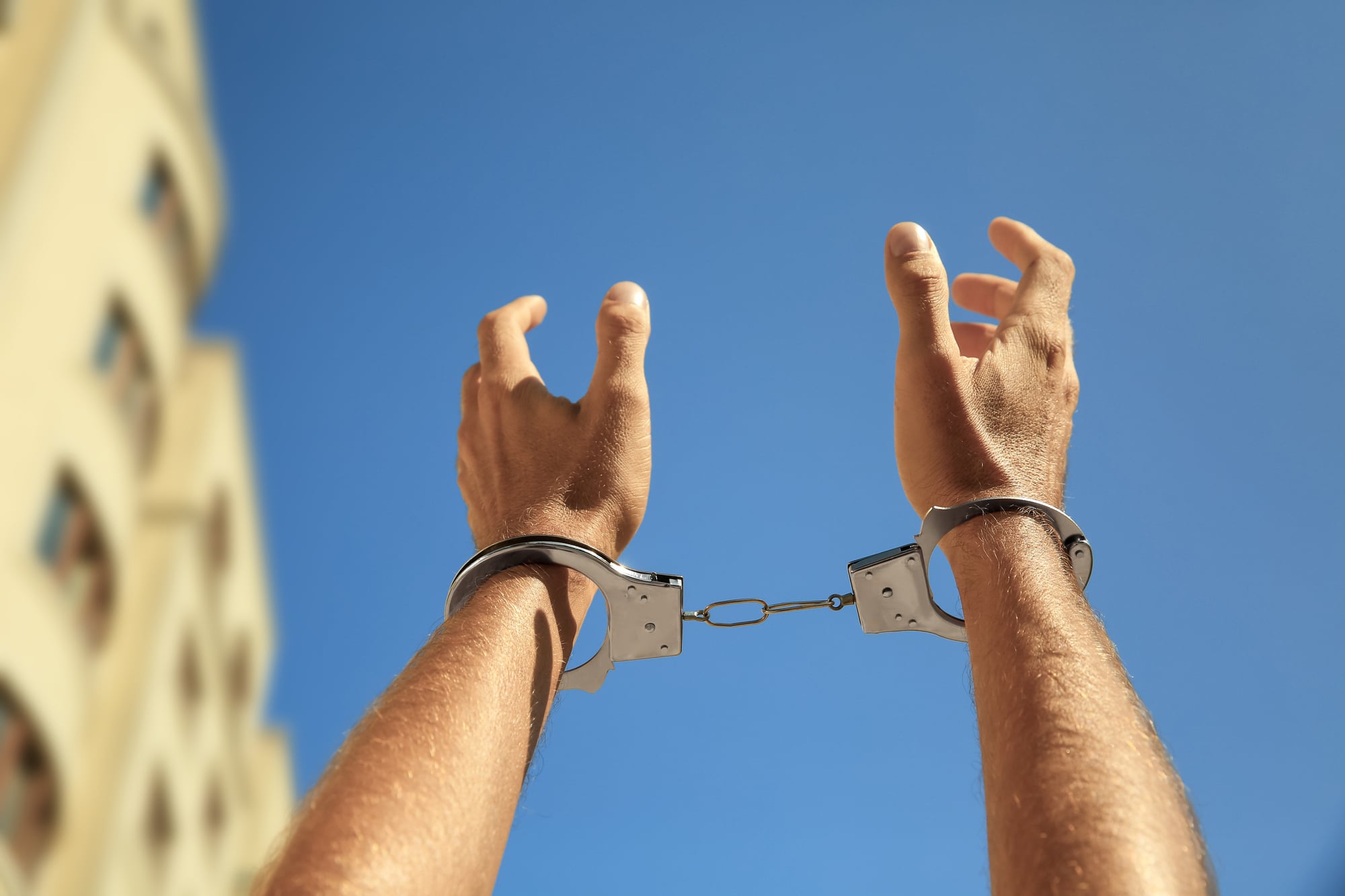After a False Arrest: Tips for Building a Case
Being falsely arrested is a traumatic and confusing experience. Knowing your rights and how to document the incident effectively can make a significant difference in seeking justice. This guide from Finn Trial Attorneys outlines everything you need to know about false arrest, your legal options, and the steps to build a strong case.
What Constitutes a False Arrest?
A false arrest occurs when someone is detained without legal justification. It typically involves law enforcement or private individuals acting under the authority of the law. False arrest is a violation of your civil rights and can lead to legal recourse against the offending party.
Understanding the Definition of False Imprisonment
False imprisonment is closely related to false arrest. It involves the unlawful restraint of an individual’s freedom of movement. In false arrest cases, false imprisonment is often a key component.
Legal Standards for Wrongful Arrest
To prove a wrongful arrest, you must demonstrate that the arrest lacked probable cause. Probable cause means there was no reasonable basis for the officer to believe you committed a crime.
How Civil Rights Are Violated
False arrests violate your constitutional rights, including:
- Fourth Amendment: Protection against unlawful searches and seizures.
- Fourteenth Amendment: Guarantee of due process and equal protection under the law.
What Steps Should You Take Immediately After an Arrest?
If you believe your arrest was unlawful, take these steps:
- Remain Calm: Avoid resisting, as it may complicate your case.
- Ask for Details: Politely ask the officer why you are being arrested.
- Contact an Attorney: Exercise your right to legal counsel as soon as possible.
Gathering Evidence to Support Your Case
Evidence is critical for proving a false arrest. Here’s how to document the incident effectively:
How to Document Interactions with Law Enforcement
- Write a Detailed Account: Record everything you remember about the arrest, including:
- The time and location.
- Names or badge numbers of officers involved.
- Specific statements made by law enforcement.
- Save All Communication: Keep records of any correspondence related to the arrest.
Importance of Witness Statements and Evidence
- Witness Testimony: Identify and collect statements from anyone who witnessed the incident.
- Physical Evidence: Secure video footage, photographs, or any other tangible evidence.
How Can an Attorney Assist You with a False Arrest?
Finding the Right Criminal Defense Attorney
An experienced attorney can:
- Review the circumstances of your arrest.
- Evaluate the evidence and determine whether your rights were violated.
- Build a strong defense or pursue a civil lawsuit.
How an Attorney Can Help with Filing a Civil Lawsuit
If your false arrest leads to significant damages, your attorney can:
- File a claim for monetary compensation.
- Represent you in negotiations or court proceedings.
- Advocate for your constitutional rights.
What Are Your Civil Rights After a Wrongful Arrest?
Rights During Police Custody
- The right to remain silent.
- The right to an attorney.
- The right to be free from excessive force or mistreatment.
How to Protect Your Constitutional Rights
- Request legal representation.
- Avoid making incriminating statements.
- Document any violations of your rights.
Steps to Take if Your Rights Are Violated
- File a complaint with the appropriate oversight agency.
- Seek legal advice to explore civil remedies.
When Should You Consider Filing a Lawsuit for Wrongful Arrest?
Understanding the Timeline for Filing
Statutes of limitations vary by jurisdiction but generally require filing within one to three years. Consult an attorney promptly to avoid missing deadlines.
What Evidence Is Required for a Civil Lawsuit?
- Proof of lack of probable cause.
- Documentation of rights violations.
- Evidence of damages, such as medical bills or lost wages.
Possible Outcomes of a Lawsuit for False Imprisonment
- Monetary compensation for damages.
- Injunctive relief to prevent future misconduct.
- Public accountability for law enforcement.
What Are Common Defenses Used by Law Enforcement in False Arrest Cases?
Understanding Qualified Immunity
Law enforcement officers often invoke qualified immunity, claiming they acted in good faith within the scope of their duties.
What Constitutes Probable Cause to Arrest?
Officers may argue they had reasonable suspicion or probable cause based on the circumstances at the time.
Defenses Based on Misconduct and Procedure
- Evidence of procedural compliance.
- Claims of mistaken identity or errors in judgment.
Conclusion
False arrest cases are complex, but with proper documentation and legal representation, you can protect your rights and seek justice. Finn Trial Attorneys is here to help you navigate these challenging situations. Contact us today to discuss your case and explore your legal options.





